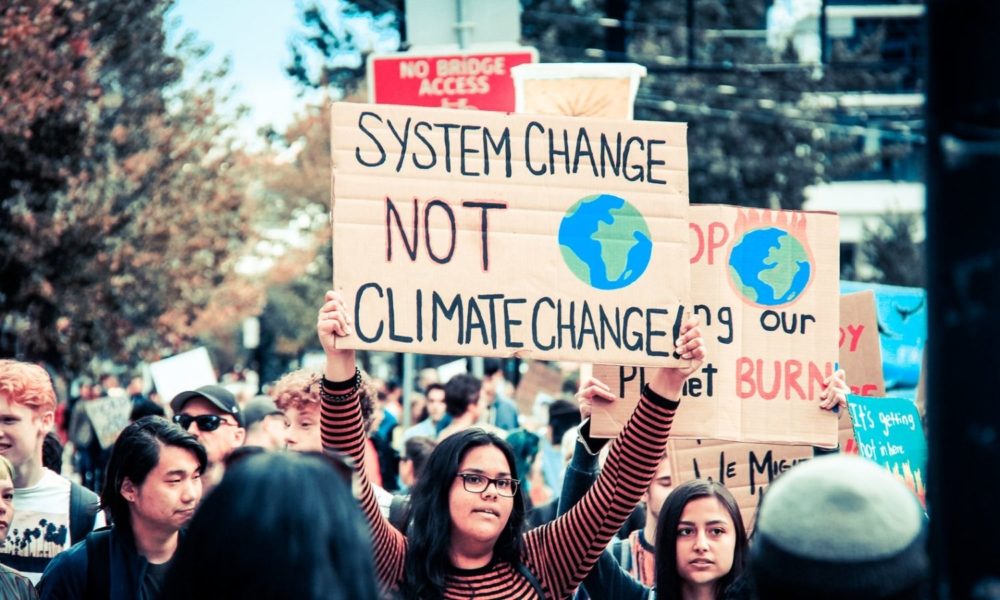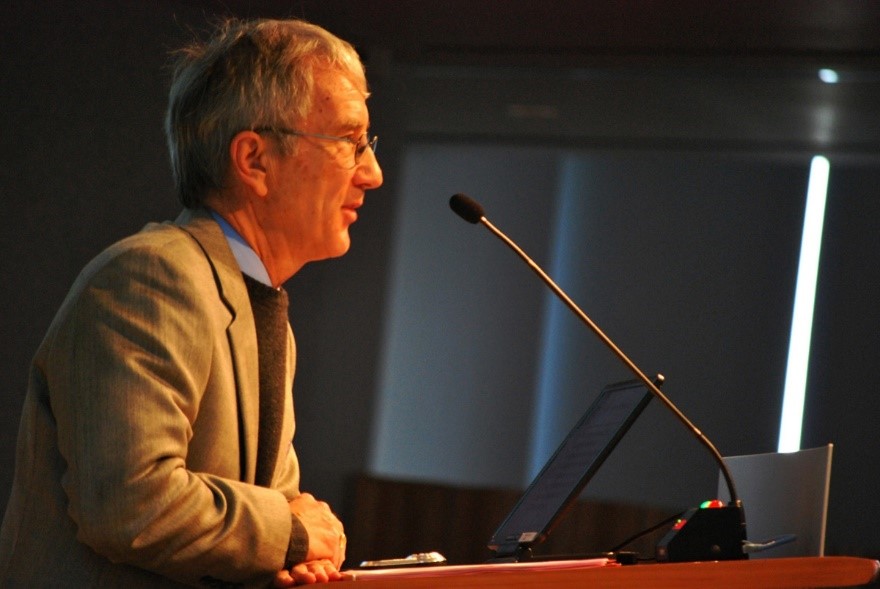George Will’s August 12th opinion piece in the Washington Post was “unsettling” because of his take on Dr. Steven Koonin’s new book entitled Unsettled?: What Climate Science Tells Us, What it Doesn’t, and Why it Matters. Those words and Dr. Koonin’s book made no sense to me as someone who has worked on climate change science since 1982.
The simple fact is that Mr. Will made a mistake with his review, and thousands of commenters agree. My perspective is a bit unique, though, and is born of the social science of decision-making under uncertainty. George Will and others have missed a seismic change in the way decision-makers and ordinary people are looking at climate. Since the Synthesis Report Summary for Policymakers of the Fourth Assessment of the Intergovernmental Panel on Climate Change was released in late 2007, the world has correctly viewed deliberation about climate action in response to climate change as a risk management problem.
It follows that decision-makers (and informed opinion-makers) should focus their attentions on projections of the future that are informed by the past and collections of the best models available. The most recent climate era defined over the past two or three decades has delivered a fundamental lesson: the pace of climate change has quickened beyond anyone’s expectations. What happened at the beginning of the last century is irrelevant.
Dr. Koonin and George Will are behind the times
Mr. Will accepted Dr. Koonin’s negative take on thousands of pieces of new literature without any critical review, and without recognizing that Dr. Koonin has made very few contributions to that literature: this is a problem. Dr. Koonin is certainly a very skilled and well-respected physicist, but his book shows that he is deeply ill-informed about recent advances in climate science and decision-making about climate change. That Mr. Will accepted those misunderstandings without question makes them doubly dangerous.
Contrary to Koonin’s claims, Greenland’s ice sheet is shrinking more rapidly today than eighty years ago. The rate of sea-level rise has accelerated. My points here are not about fact checking; I and others have done that elsewhere. I write here about Part 2 in his book where Dr. Koonin confronts the last three words of his title: “Why it Matters.” On the surface, his point is fine–uncertainty needs to be reflected in any scientific finding so that decision-makers are accurately informed. But then he ignores his own advice and ignores the paradigm through which today’s decision-makers process that information. These are the people who have come to understand that risk is the product of likelihood and consequence. Those people are on the front lines. Those people know what they are doing. They have been doing this for 15 years. Dr. Koonin and Mr. Will are 15 years behind the times.
So should Dr. Koonin, Mr. Will, and others who opine on this or that when they report, be able to assert a scientific finding without confidence or likelihood qualification? In 2021, no finding should be reported without confidence or likelihood modifiers–just like no recommendation to buy this or that stock can be asserted as if doing so were a sure bet.
Part 2 of Dr. Koonin’s book misses this point completely: he highlighted IPCC uncertainty guidance language about confidence criteria early on, yet he did not follow it. He reproduced one table and one figure from IPCC uncertainty guidance from 2010 where process agreement and data quality are plotted against one another. Three of the many possible confidence judgements germane to decision- and opinion-making are captured below:
- A scientific assessment will assign the “very low confidence” modifier to cases where there are limited data and/or serious disagreement about why something is happening.
- Cases with many sources of high-quality data but several conflicting explanations for their inherent variability can support “medium confidence” qualifiers.
- The most convincing combination is strong agreement about process that is supported by lots of quality data. For these cases, a “very high confidence” modifier is appropriate.
These illustrative cases extend from one extreme to the other. It is important to note that the third case is the only region of “very high confidence” where Dr. Koonin and Mr. Will would agree that citizens should consider taking action. However, risk managers take the first case most seriously, asking questions like, “How do we hedge against the worst cases? Can we make investments that function like insurance?” Dr. Koonin’s bar for considering only case #3 is dangerously high given the momentum of the climate system. His dismissal of case #1 can be even more dangerous given the sudden nature of many of the manifestations of climate change–e.g., three of the worst wildfires in history occurring in three of the past four years.
We have already waited too long
We cannot wait for all cases to turn into case #3. We have already waited too long to respond to climate change with both adaptation and mitigation. The World Health Organization reported this year that “climate changes are estimated to cause more than 150,000 deaths annually” across on the planet–mostly in Africa, but in every continent except Antarctica. There is very little likelihood that that this estimate is too high. It represents an average of 410 people per day. That means that, on average, at least 1 person will have died from a climate impact in the time it took you to read this paragraph. Is that a tolerable risk? I think not; neither should those who are charged with making climate policy.

